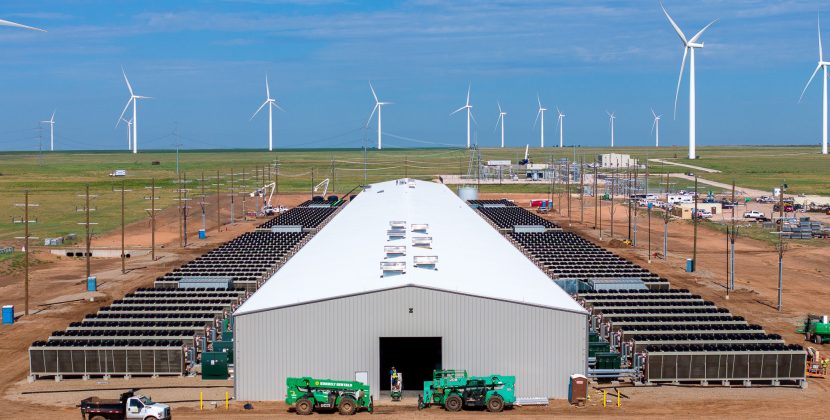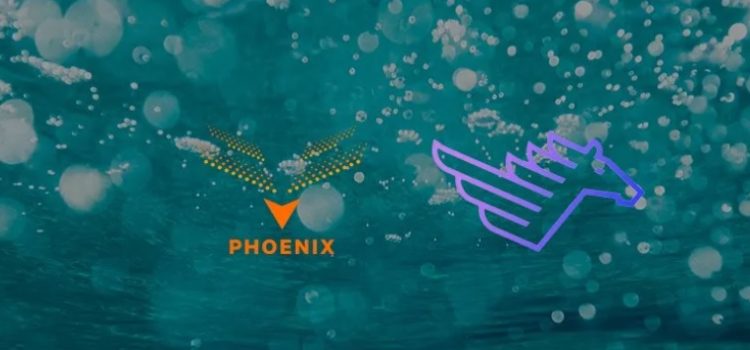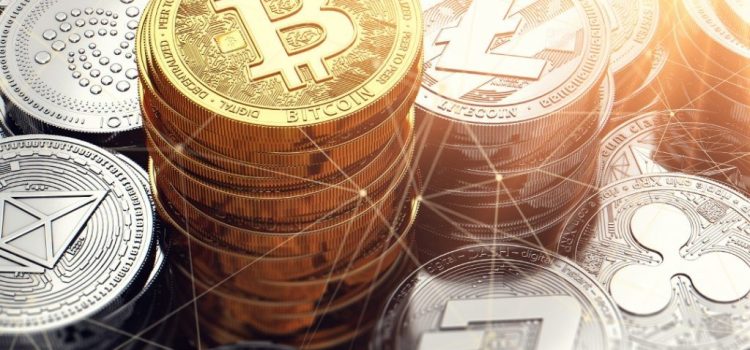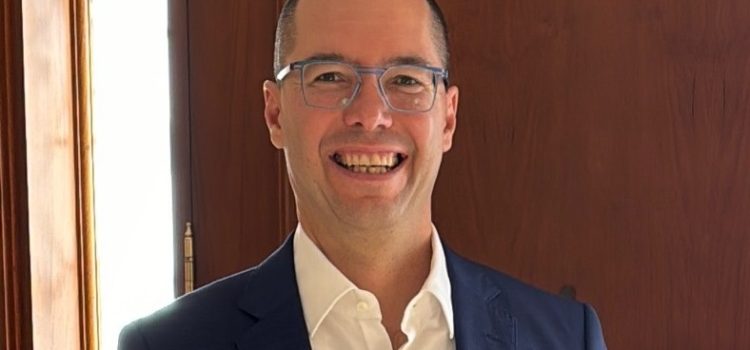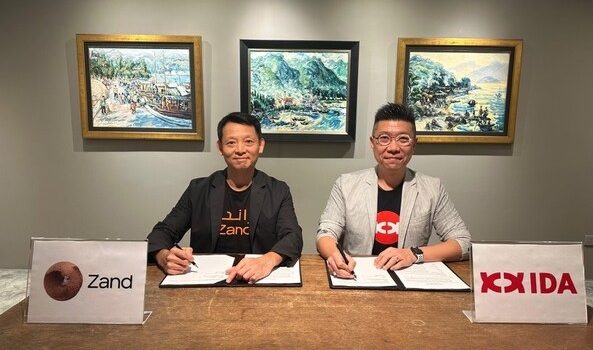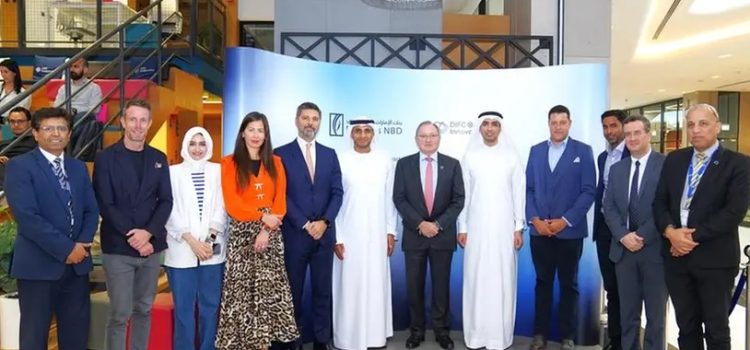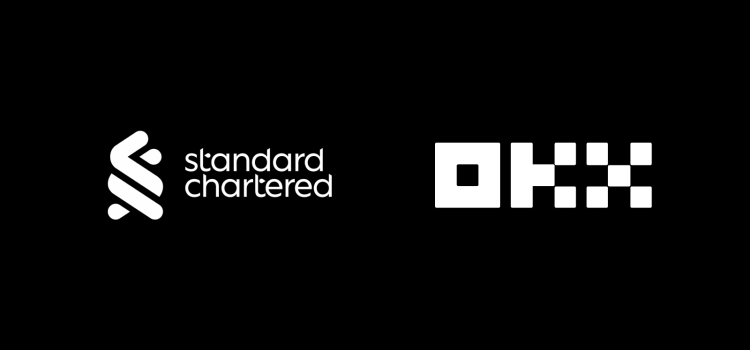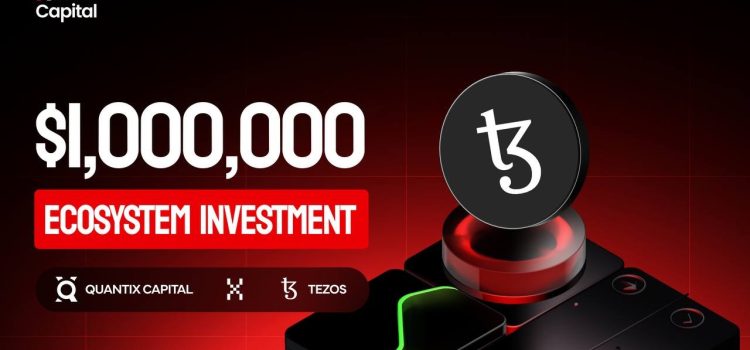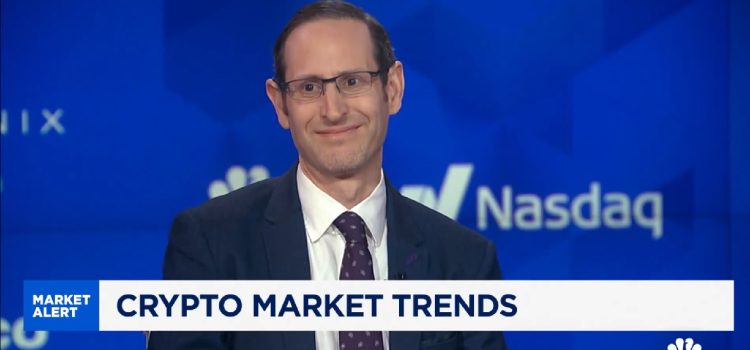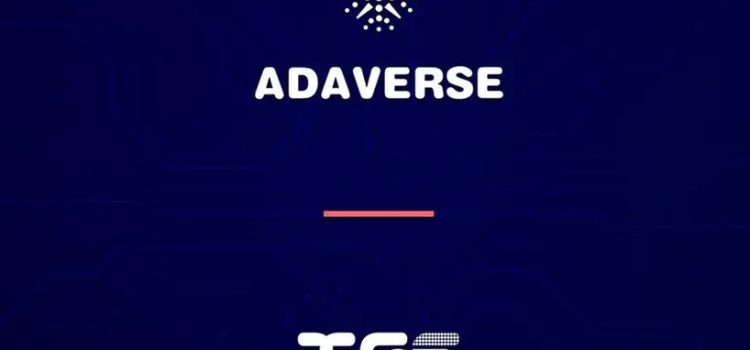
UAE’s multi-billion dollar tech conglomerate, Phoenix Group PLC, listed on the Abu Dhabi Securities Exchange (ADX: PHX) has announced its Q3 2024 results, reporting core revenue of $35.9M and investment income of $68.5M. Core revenue is primarily generated from self-mining, with additional contributions from trading and hosting services. The investment income, drawn from digital assets and other diversified Web3 investments, reflects the company’s active capital deployment strategy.
As per the press release, total assets saw a 148% year-over-year increase in the first nine months of 2024, rising to $977.6 million from $394.1 million, with a 6% quarter over quarter increase.
The self-mining segment achieved significant growth, surging 285% year-over-year to $26.6 million in Q3 2024, up from $6.9 million in Q3 2023. Earnings per share for Q3 2024 were reported at $0.008.
Q3 2024 revenue came in at $35.9M, with a decline in trading and hosting revenue due to the company’s strategic shift towards deploying more inventory into self-mining. Self-mining revenue has shown resilience, with only a 7% quarter-over-quarter decrease despite the full impact of the halving, increased mining difficulty, and lower BTC prices. Phoenix Group anticipates improvements in mining economics as early indicators of a new bull market begin to emerge.
The company achieved robust returns from investments, marking a 16% quarter-over-quarter growth driven primarily by gains from new digital asset investments.
As per the release, Phoenix Group demonstrated a strong ability to generate value across diverse Web3 investments, with some assets, such as Solana tokens, achieving over 4x returns. The company is actively pursuing a strategy to increase capital deployment into foundational deals and incubation projects. Despite a challenging quarter for the industry, Phoenix Group has shown notable resilience and a strong bottom line, outperforming many peer mining companies.
“Our Q3 results reflect the effectiveness of our adaptive investment strategy, particularly within the self-mining sector and across digital assets. Phoenix Group remains committed to capitalizing on emerging opportunities within Web3 and digital assets, ensuring we continue to lead with innovation and resilience. As we expand into foundational projects and incubation deals, we are well-positioned to provide significant value to our shareholders and support growth in the region’s tech landscape.” said Seyed Mohammad Alizadehfard (Bijan), Co-Founder and Group CEO of Phoenix Group.
“Our Q3 achievements underscore Phoenix Group’s dedication to proactive and sustainable growth, especially within the self-mining and digital asset sectors. By leveraging market dynamics and focusing on foundational investments, we continue to unlock new value streams that fortify our resilience and enhance our market leadership. We remain committed to aligning our strategies with shareholder interests, building a robust platform that stands resilient against market volatility while advancing the UAE’s tech landscape.” said Munaf Ali, Co-Founder and Group Managing Director of Phoenix Group.
In May 2024, Phoenix Group announced its Q1 results, showcasing a net income of $66.2 million which it noted was representing a growth of 166% year-on-year. As per the press release, total assets surged by 237% year-over-year, soaring to $879.3 million from $261 million.
At the time Phoenix Group noted that quarter-over-quarter growth in total assets stood at 5%, while revenue experienced an 18% quarter-on-quarter increase, reaching $68.9 million. In addition gross profit saw a robust 82.8% quarter-on-quarter rise, amounting to $23.28 million, while total comprehensive income expanded by 312% year-on-year to $102.28 million and by 33.7% quarter-on-quarter. As such the earnings per share for Q1 2024 amounted to $0.011.
It would seem that earnings per share has decreased in Q3 to $0.008 from $0.011 in Q1.

